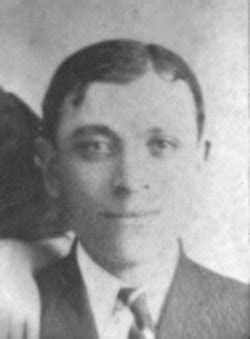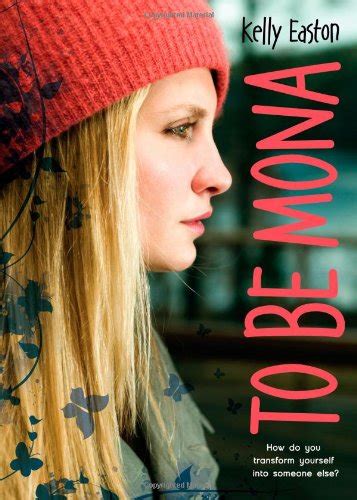A Quote by John Steinbeck
How can the poem and the stink and the grating noise - the quality of light, the tone, the habit and the dream - be set down alive?
Related Quotes
One day while studying a Yeats poem I decided to write poetry the rest of my life. I recognized that a single short poem has room for history, music, psychology, religious thought, mood, occult speculation, character, and events of one's own life. I still feel surprised that such various substances can find shelter and nourishment in a poem. A poem in fact may be a sort of nourishing liquid, such as one uses to keep an amoeba alive. If prepared right, a poem can keep an image or a thought or insights on history or the psyche alive for years, as well as our desires and airy impulses.
Introduction To Poetry I ask them to take a poem and hold it up to the light like a color slide or press an ear against its hive. I say drop a mouse into a poem and watch him probe his way out, or walk inside the poem's room and feel the walls for a light switch. I want them to waterski across the surface of a poem waving at the author's name on the shore. But all they want to do is tie the poem to a chair with rope and torture a confession out of it. They begin beating it with a hose to find out what it really means.
One of the qualities of writing that is not much stressed is its problem-solving aspect, having to do with the presentation of material: how to structure it, what sort of sentences (direct, elliptical, simple or compound, syntactically elaborate), what tone (in art, "tone" is everything), pacing. Paragraphing is a way of dramatization, as the look of a poem on a page is dramatic; where to break lines, where to end sentences.
I felt him there with me. The real David. My David. David, you are still here. Alive. Alive in me.Alive in the galaxy.Alive in the stars.Alive in the sky.Alive in the sea.Alive in the palm trees.Alive in feathers.Alive in birds.Alive in the mountains.Alive in the coyotes.Alive in books.Alive in sound.Alive in mom.Alive in dad.Alive in Bobby.Alive in me.Alive in soil.Alive in branches.Alive in fossils.Alive in tongues.Alive in eyes.Alive in cries.Alive in bodies.Alive in past, present and future. Alive forever.
The poem builds in my mind and sits there, as if in a register, until the poem, or a piece of a longer poem, is finished enough to write down. I can hold several lines in my head for quite some time, but as soon as they are written down, the register clears, as it were, and I have to work with what is on the paper.

































